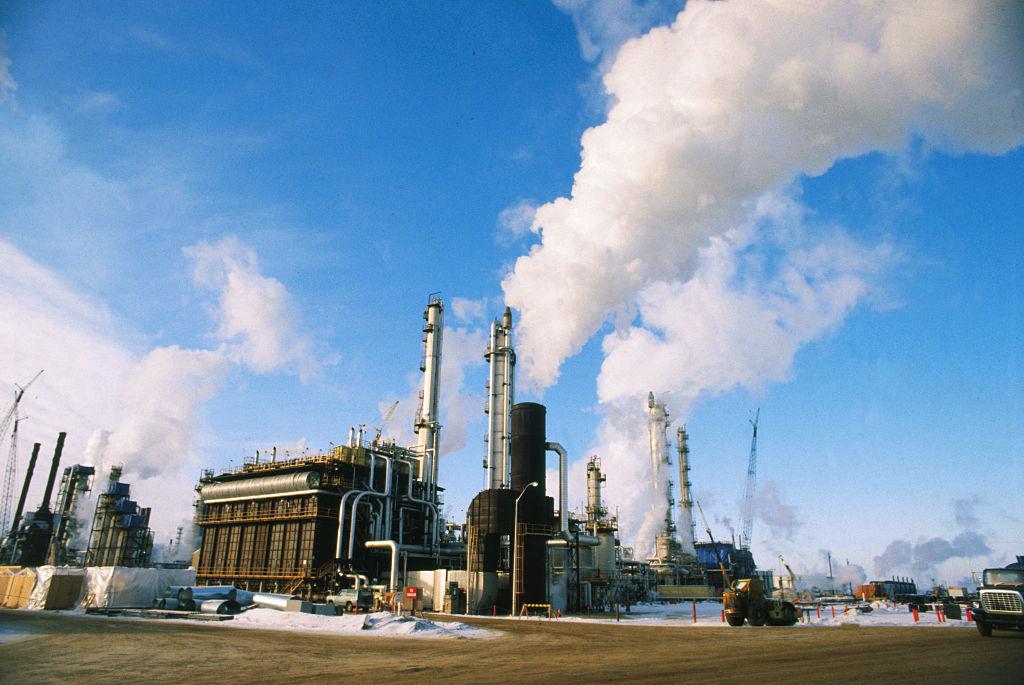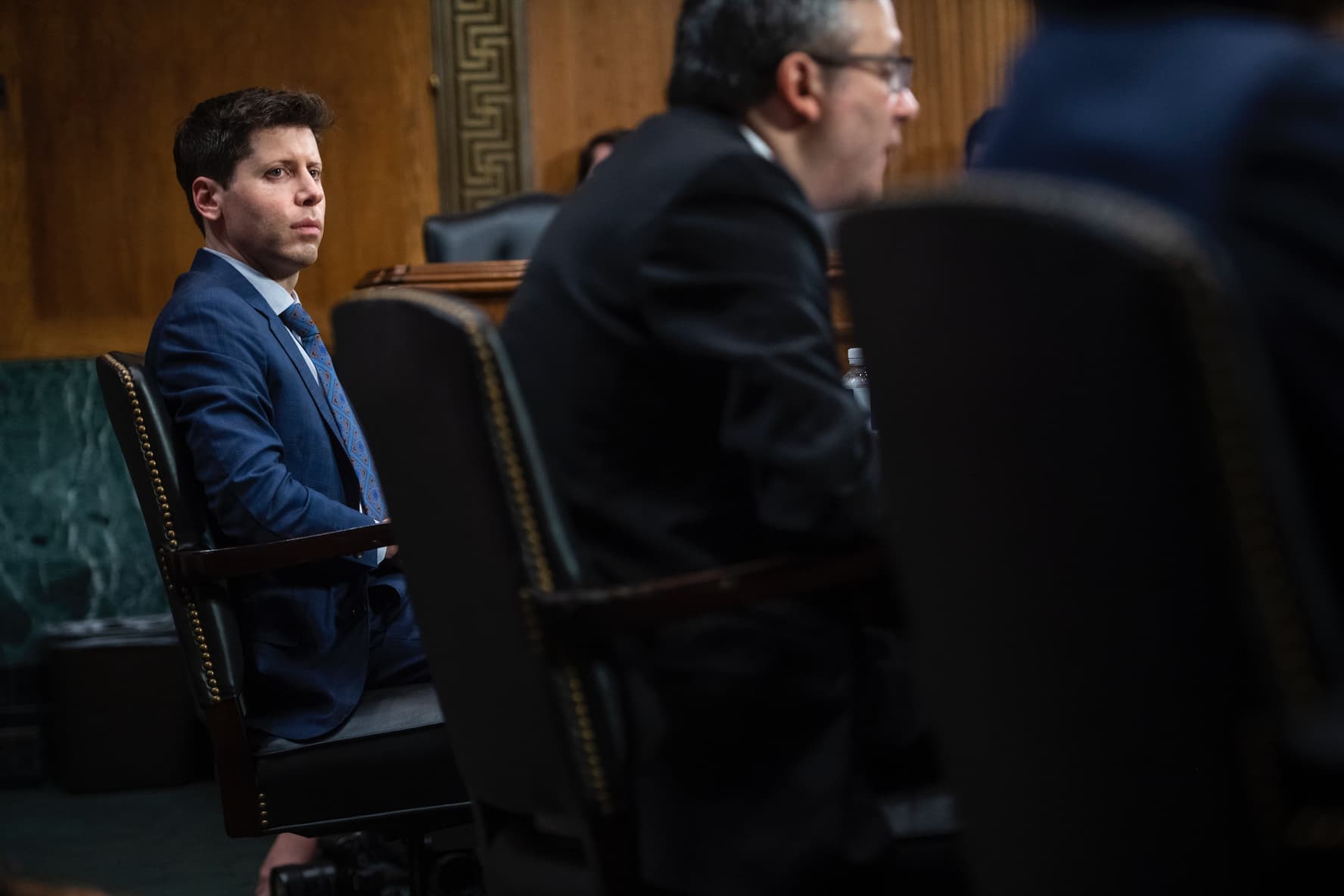- 7 Posts
- 16 Comments

 2·3 months ago
2·3 months agoRemoved by mod

 2·3 months ago
2·3 months agoRemoved by mod

 2·3 months ago
2·3 months agoRemoved by mod

 23·3 months ago
23·3 months agoThis is flagrantly misrepresenting what this discussion is about as I’ve directly quoted. This is not conducive to informative discussion, and a disservice to this sub.

 22·3 months ago
22·3 months agoThis similarly does not support your original assertion, from your original article:
“This ends in complications and sometimes even in the patient’s death,” the doctor wrote, Haaretz reported.
Is there a reason you choose to embellish (and directly substitute words in the article for your own personal opinion) instead of accurately convey what the article says?

 22·3 months ago
22·3 months agoCan you please cite in your article the relevant section that supports:
frequently to death
Because I was not able to find such a statement, and I’m trying to parse editorialization from fact on this very serious subject.

 23·3 months ago
23·3 months agoMmkay

 33·3 months ago
33·3 months agoRight? Dude acts like I can’t read the things they or I post :P

 33·3 months ago
33·3 months agoThis is an old article, and captures, at it says, a spike, not an overall trend. From your source:
Head pollster Khalil Shikaki, who has been surveying Palestinian public opinion for more than two decades, called it a “dramatic” shift, but said it also resembles previous swings toward Hamas during times of confrontation. Those all dissipated within three to six months as Hamas failed to deliver on promises of change.
https://news.stanford.edu/report/2023/12/05/palestinians-views-oct-7/
According to the latest survey, a majority of Palestinians (51%) supported a two-state solution based on the 1967 borders, with slightly more support seen among residents of Gaza than among West Bank Palestinians. A quarter of respondents also said they supported “armed resistance” as a preferred solution to Palestinian-Israeli conflict.
The results also revealed a very low level of support among Palestinians for institutions, whether it be the Palestinian Authority or Hamas. “The Palestinians don’t feel that any of their leaders are really legitimate in this sense,” said Robbins.
Arguably, this does not imply they are hated or anything else you said, nor does your source. As well there is support for reforming the PA:
A related issue, Jamal added, is that the Palestinian Authority (PA) has lost legitimacy, due to both its levels of corruption and the continued failure of the peace process. If Palestinians are to ever believe in a future that extends beyond Hamas, she said, then the international community must work together to help bolster the legitimacy of the PA so that it can be the champion of the peace process.
https://www.nbcnews.com/news/world/us-new-palestinian-government-political-reform-rcna145717
The United States has welcomed the formation of a new Palestinian autonomy government, signaling it is accepting the revised Cabinet lineup as a step toward Palestinian political reform.
The Biden administration has called for “revitalizing” the West Bank-based Palestinian Authority in hopes that it can also administer the Gaza Strip once the Israel-Hamas war ends. The war erupted nearly six months ago, triggered by an Oct. 7 Hamas attack on southern Israel.
In a statement late Friday, U.S. State Department spokesperson Matthew Miller said the United States looks forward to working with the new group of ministers “to deliver on credible reforms.”
And this fails to address the substance of what was said, instead aiming to undermine the person saying it.
I won’t be continuing with this conversation.

 84·3 months ago
84·3 months agoRemoved by mod

 113·3 months ago
113·3 months agoRemoved by mod

 243·3 months ago
243·3 months agoRemoved by mod

 293·3 months ago
293·3 months agoRemoved by mod

 52·3 months ago
52·3 months agoRemoved by mod

 52·3 months ago
52·3 months agoRemoved by mod

 222·3 months ago
222·3 months agoRemoved by mod

 22·3 months ago
22·3 months agoAt one point both Israel and Hamas seemed to agree that there were approximately
200250 hostages.https://www.reuters.com/world/middle-east/what-do-we-now-about-hamas-hostages-2023-10-19/
HOW MANY HOSTAGES ARE THERE?
An estimated 200 people, including 30 teenagers and young children and 20 people over the age of 60, are being held hostage in Gaza, Israel’s public broadcaster Kan said on Thursday, citing military sources.
Hamas says it has 200 hostages and that 50 more are held by other armed groups in the enclave. It said more than 20 hostages have been killed by Israeli air strikes, but has not given any further details.
Edit:
Wikipedia cites a slightly higher numberhttps://en.wikipedia.org/wiki/2023_Israeli–Palestinian_prisoner_exchange
In November 2023, Palestinian militants held around 250 people from Israel, including Israeli nationals and non-Israelis following their capture during the Hamas-led attack on Israel.
Edit 2: my mistake, they corroborate their numbers (250)

 54·3 months ago
54·3 months agoOdd, I haven’t heard that, but regardless I’m not sure how it changes what was said in the article.

 63·3 months ago
63·3 months agoWell, the people receiving it may not see it that way. FTA:
For years, Iran’s leaders have declared the necessity of arming Palestinian fighters in the occupied West Bank. Iran has long supplied weapons for attacking Israel to militants elsewhere in the region, members of its so-called Axis of Resistance, including its two primary Palestinian allies in Gaza, Hamas and Palestinian Islamic Jihad.
…
Fatah, the Palestinian faction that controls the Palestinian Authority and with it much of the West Bank, accused Iran last week of trying to “exploit” Palestinians for its own means by spreading chaos in the territory. In a statement, Fatah said it would not allow “our sacred cause and the blood of our people to be exploited” by Iran.
https://www.foreignaffairs.com/iran/irans-order-chaos-suzanne-maloney
A key component of Iran’s strategy in its neighborhood has been the cultivation of an “axis of resistance,” a loose network of regional militias with discrete organizational structures, overlapping interests, and ties to Iran’s security and religious establishments. The Islamic Republic’s founder, Ayatollah Ruhollah Khomeini, maintained that exporting the revolution was necessary for its survival, arguing that if the theocracy remained “in an enclosed environment” it would “definitely face defeat.” Determined to spark a wider wave of Islamist-led upheavals against secular monarchies and republics in the Middle East, Khomeini and his acolytes developed an infrastructure dedicated to toppling the status quo across the Muslim world.
…
With its cultivation of Hezbollah as a template, Iran then invested an enormous amount of effort and resources in cultivating militant groups across the Middle East. The support it has given to Palestinian militant groups, especially Palestinian Islamic Jihad and Hamas, paid tremendous dividends over subsequent decades, as did its aid to Shiite opponents of Saddam in Iraq. These relationships provided the springboard for Iranian influence at key turning points for regional stability. In the 1990s, PIJ terrorist attacks disrupted the Israeli-Palestinian peace process and nudged Israeli politics rightward. After the 2003 U.S.-led invasion of Iraq, Tehran’s patronage of the Supreme Islamic Iraqi Council and the Dawa Party, both significant Shiite factions, positioned Iran as the most influential player in Iraq’s contentious postwar polity.








https://www.poynter.org/fact-checking/2023/who-fact-checks-the-fact-checkers-research/